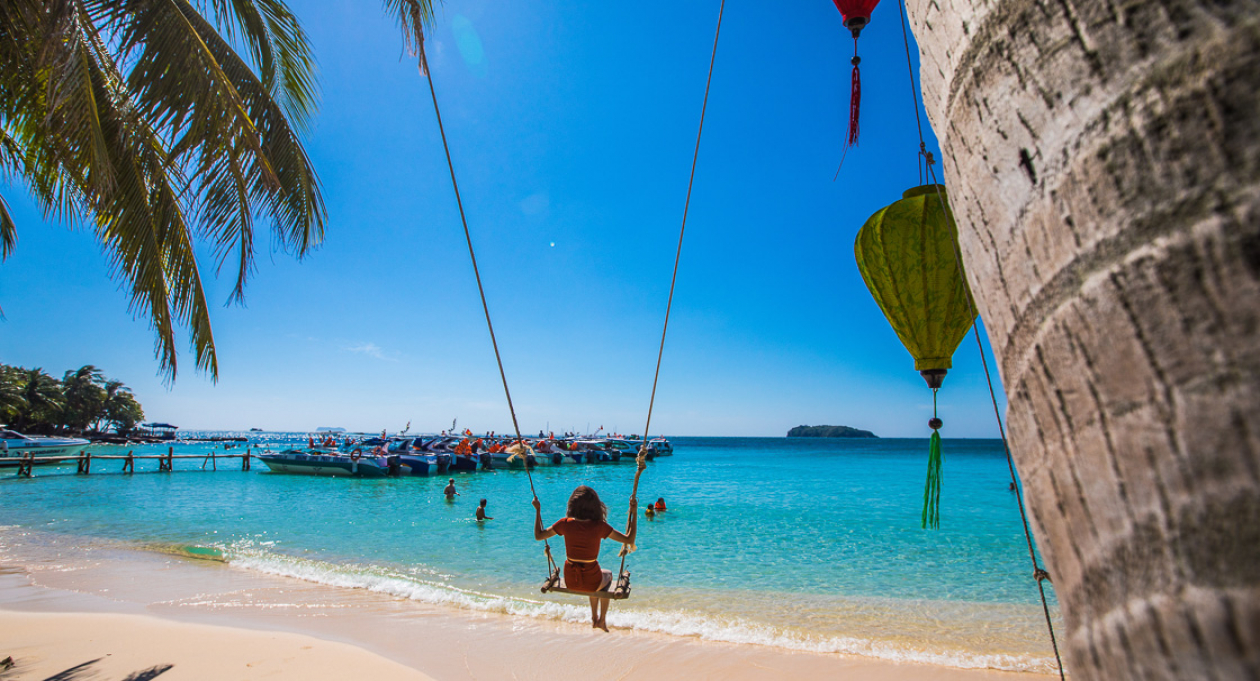

Vietnam’s new visa policy, which took effect on August 15, is expected to drive an increase in the number of business travellers from Japan to the country. According to Nobuyuki Matsumoto, the Chief Representative of the Japan External Trade Organisation (JETRO) in Ho Chi Minh City, the more favourable visa policy will benefit Japanese business travellers, especially during September, which is after Japan’s peak tourism season and coincides with the 50th anniversary of the Vietnam-Japan diplomatic relations.
How to Use Japanese Business Travellers in Vietnam
The increasing number of Japanese business travellers in Vietnam presents significant opportunities for businesses in the country. Japanese companies are known for their efficiency and punctuality, as well as their focus on quality. Vietnamese businesses can benefit from working with Japanese counterparts by learning from their best practices, which can help improve production processes and overall company operations.
Moreover, the close relationship between Vietnam and Japan provides a strong foundation for business partnerships. Japanese investors highly value the development potential of the Vietnamese market, making it an ideal destination for business collaboration.
Advice for Japanese Business Travellers in Vietnam

Japanese business travellers visiting Vietnam should be aware of some cultural differences. Firstly, Vietnamese people place great importance on respect and politeness, so it is essential to use formal forms of address when communicating with Vietnamese counterparts, especially those who are older or in senior positions.
Secondly, it is important to understand the local customs and etiquette. For example, removing shoes before entering someone’s house or office is customary in Vietnam. Additionally, Vietnamese people appreciate punctuality and expect attendees to arrive at meetings on time.
Lastly, Japanese business travellers should be prepared for the hot and humid weather in Vietnam, especially during the summer months. It is recommended to dress appropriately and stay hydrated throughout the day.
5 FAQs for Japanese Business Travellers in Vietnam
- What is the best time to visit Vietnam for business purposes? September is an excellent time for Japanese business travellers to visit Vietnam, as it coincides with the 50th anniversary of the Vietnam-Japan diplomatic relations and is after Japan’s peak tourism season.
- Is it easy to find English-speaking locals in Vietnam? While English is becoming more popular in Vietnam, especially in urban areas, it is still not commonly spoken outside of tourist hotspots. It is advisable to hire a local interpreter or translator for business meetings.
- Are there any cultural sensitivities to keep in mind when doing business in Vietnam? Yes, Vietnamese people value respect and politeness. Using formal forms of address and understanding local customs and etiquette are critical to building good relationships with Vietnamese counterparts.
- What is the dress code for business meetings in Vietnam? Business attire is recommended for meetings, but it should be lightweight and comfortable due to the hot and humid weather.
- How can I make the most of my business trip to Vietnam? Networking is key in Vietnam, and attending business events and conferences can help build relationships with potential partners. Local guides and interpreters can provide valuable insights into the local business environment.
Conclusion
The increasing number of Japanese business travellers to Vietnam presents significant opportunities for businesses in both countries. By learning from Japanese best practices and understanding local customs and etiquette, Vietnamese companies can strengthen their operations and build lasting partnerships with Japanese counterparts. Meanwhile, Japanese business travellers should be prepared for the cultural differences and take advantage of networking opportunities to maximize the benefits of their trip to Vietnam.